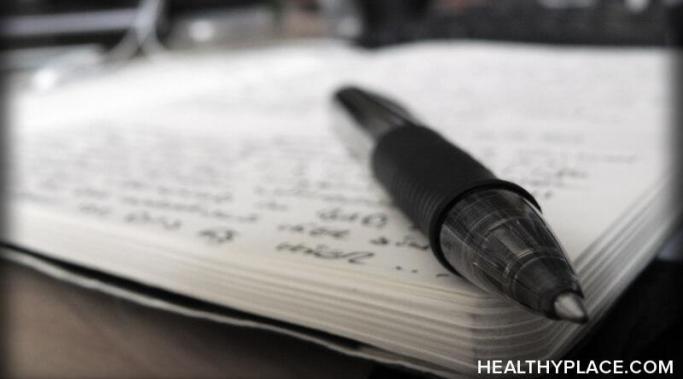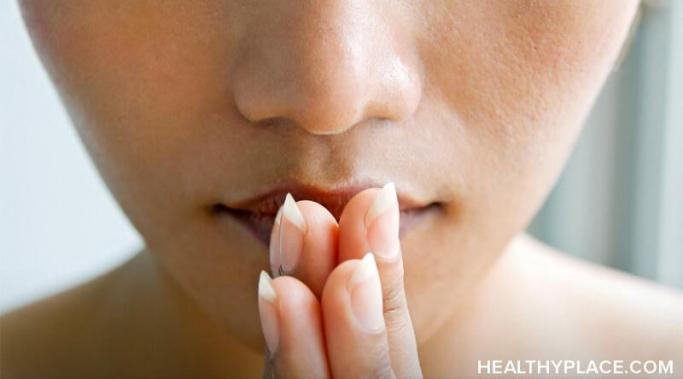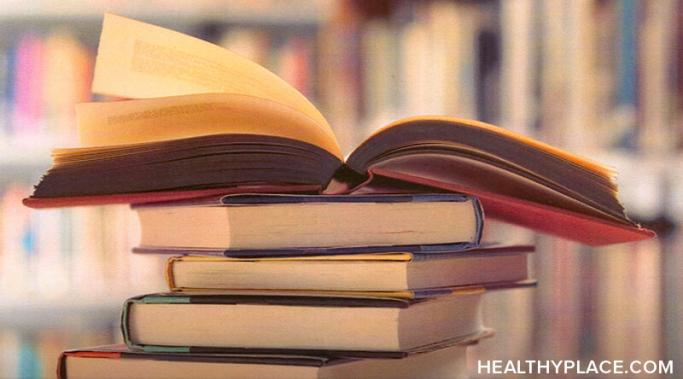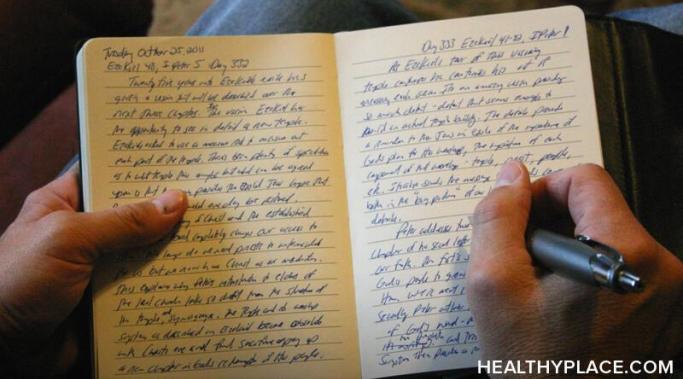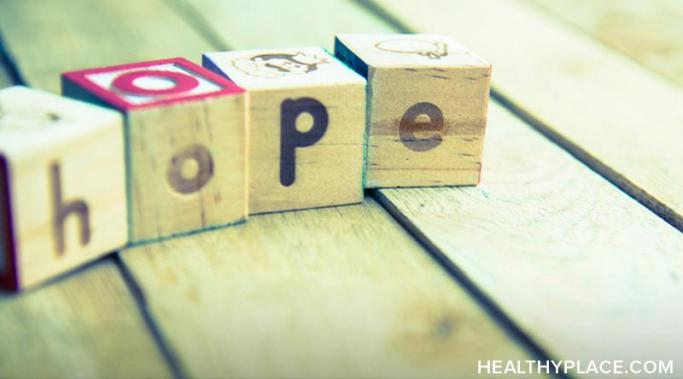Maintaining a self-harm sober streak can be difficult in the best of times, but for many people, the holidays can be especially trying. Here are some things to keep in mind while walking the path of self-injury recovery this holiday season.
Self-Injury Treatment
Emotions themselves are neither productive nor destructive; in the context of self-injury, they can be both harmful and healthy. Intensity can be a critical determining factor here, which is what makes self-harm emotional regulation so important for healing.
Recovery is never as easy as simply saying, "do not hurt yourself." But if I could send a letter into the past, this is what I would write to myself. And who knows, you or someone you know who self-harms or is thinking about it may need to hear these words, too.
Self-harm isn't just about physical pain—it can be deeply intertwined with invisible emotional pain as well. If the self-injury beliefs that you are holding onto are holding you back from healing, it's time to let them go.
Whether you're just dipping your toes into self-harm recovery for the first time or looking for a new tool to add to your existing recovery toolbox, self-harm help books can provide invaluable support on your healing journey. Here are a few tips for conducting your search and some suggestions for finding budget-friendly options.
The stories we tell ourselves can often become self-fulfilling prophecies. Using creative writing for self-harm recovery is one way to rewrite the narrative of your life in a way that can affect real, positive change.
A self-harm recovery journal can be a powerful tool for healing from self-injury. Here are a few reasons why you might want to add one to your recovery toolbox, if you haven't already done so.
Recovering from self-injury isn't the kind of goal that you can check off a checklist and be done with it. Getting well is only the first step—staying well requires a self-harm prevention strategy that is both actionable and sustainable.
A self-harm mantra may not be the magical cure we wish it could be, but it can be a powerful tool to help you focus and stay motivated on the road to self-harm recovery. Here are a few ideas to help you choose or craft your own healing mantra.
I am not a licensed therapist or medical professional; I cannot tell you how to use cognitive behavioral therapy (CBT) for self-harm recovery. But I hope that, by sharing my own experience, I can help you decide whether it is an option you should investigate further for self-harm recovery.


